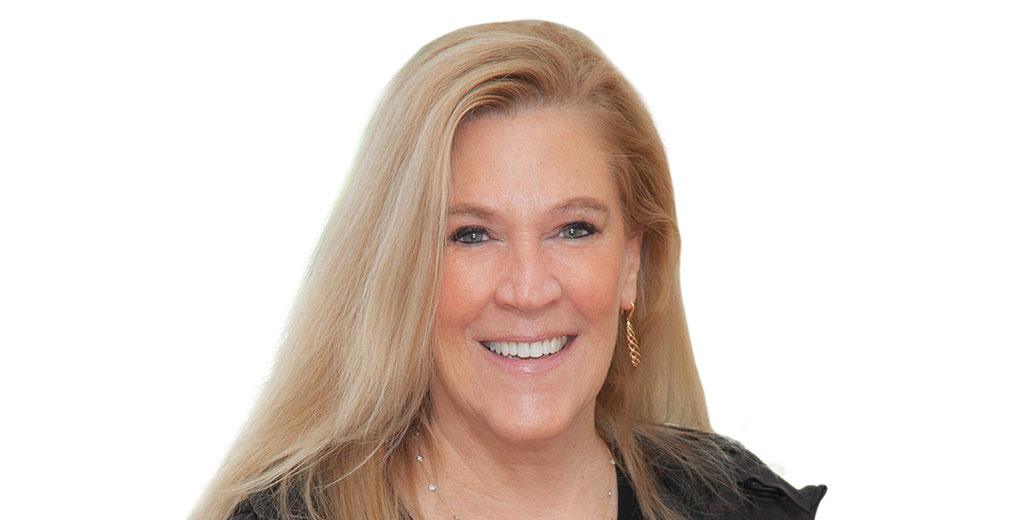Does it Have to Be So Lonely at the Top?

Being a CEO is often described as exhilarating, rewarding, difficult, stressful, and challenging. Lonely isn’t usually on that list, but let’s face it, it might as well be. Loneliness is a real feeling, and it goes with job, affecting most leaders sooner or later. In fact, Harvard Business Review’s first “CEO Snapshot Survey” found that “many CEOs are plagued by feelings of isolation once they take on the top job.”
Left unaddressed, CEO loneliness can chip away at your confidence and self-efficacy. It can bring on anxiety, even depression, and generally degrades your judgment and performance. Entrepreneurs and first-time CEOs are especially vulnerable to feelings of isolation. Female executives are uniquely susceptible. Understandably, blazing trails and breaking glass ceilings come with their own set of challenges and emotions, not least of which is loneliness.
You Can Make It Better
Understanding why it can be so lonely at the top is the first step in coming up with ways to manage these feelings and even avoid them altogether.
For starters, relationship dynamics change when you are a CEO. Family and close friends may suddenly stand back, unsure of how to deal with your elevated role. Former colleagues and coworkers, now your employees and direct reports, may no longer know how to relate to you. As the boss, you are no longer “one of them.”
There is some truth to this. You can be friendly with your employees, but you cannot be their friend. This would create favoritism, stir up dysfunctional politics, and likely undermine your leadership. On the flipside, C-E-O after your name can undermine your trust in others. Is the employee who just brought you your favorite coffee drink being considerate or angling for something?
When making decisions, a CEO solicits input from her team, advisors, board members, customers, and others. You do this until you have to make the final call. Your team will—you hope—support you, but it is your name on the decision. It feels lonely because you alone decide.
If you know that the consequences of your decision will be painful—as when you decide to do a layoff—the loneliness may become acute.
The same is true when legal or strategic considerations bar you from fully explaining your decision. You may have to keep personal sentiments to yourself, showing no cracks in your armor.
Crises test any CEO. Every crisis comes calling on you, directly and in-person. A critical crisis can wear down and isolate even the strongest executive. At such low points, you may be tempted to fake it, resort to quick-and-dirty hacks, or simply ignore reality. These tactics may momentarily ease the loneliness, but they ultimately sabotage success.
All these causes of leader loneliness can be countered by building personal resilience. Here’s how:
Cultivate Connection. The sovereign cure for loneliness is making necessary connections. You need a range of go-to groups and individuals with whom you can talk. Just choose these people thoughtfully and interact with them carefully.
- Leadership Team. Your leadership team is your inner circle. But don’t let the circle become a bubble. A circle extends your effectiveness as a leader, leveraging your leadership connectivity. A bubble insulates you and your team from the rest of the company and, ultimately, from the reality outside. You begin breathing each other’s exhaust. Loneliness becomes collective, and when that happens, you and your team will find yourselves on a whole new level of isolation.
- Peer Groups. Personally, I was hesitant when a friend proposed that I join
a CEO peer group such as Vistage or YPO (Young Presidents’ Organization). Looking back, I’m glad I took the leap. I got great advice and considerable comfort from these groups. Some peer groups are profession- or industry-specific, while others are more diverse. I made friends with CEOs from furniture, oil, and toy companies. All CEOs, I discovered, face many of the same challenges. - Personal “Silent” Advisory Board. Develop your own personal “silent” advisory board of mentors, coaches, and confidantes. These are the people who have been in your shoes and care about your success. The right mentors will tell you what you need to hear, not what you want to hear. They know your strengths and your weaknesses, and you’re glad they do because you trust them implicitly.
Movement. Cultivating a bias for action is a powerful antidote to isolation. Actively seeking information, even the smallest piece of data, can get you out of a rut. Look to your advisors and mentors for help, and make an interim plan, even if you know it is not definitive. A good plan implemented quickly is always better than the best plan implemented too late or never.
Pragmatic Optimism. A bias for action requires a bias for optimism. This is not to be confused with false hope. When grounded in reality, optimism is a powerful leadership asset. Optimists believe in the feasibility of creating a future state that is better than the present state. Optimism, therefore, is forward-looking, future-oriented, and inherently strategic. While pessimism may feel realistic, it compels you to think about what you cannot do rather than about what is possible.
Humility. As a CEO, I too often believed I had to have all the answers. I confused humility with a lack of confidence. In truth, the best leaders have a realistic appreciation of their strengths and weaknesses. They are secure in knowing that they don’t know everything, and they have no problem asking for help, learning from others, and apologizing for their mistakes. This degree of confidence and open-mindedness draws people in, creating a culture of inclusivity and collaboration. After losing a big deal, get your team together, not to point fingers but to learn. Share the mistakes you made and where you got it wrong. Ask your team what they need from you. Invite others to share their ideas for improvement and help them put it into action.
Work and Family. Jettison the myth of work/life balance. Give work 100%. Give family 100%. It’s not a question of managing your resources. It’s about managing your time.
Rethink “Me Time.” Giving up on achieving work/life balance was the best single leadership decision I ever made. It liberated me to learn how to find or create moments of balance in my day, every day. I calendared time with myself. I took even as little as ten minutes to get some fresh air and breathe deeply. I redefined “me time” as “meaningful time” and discovered that meaning is more rewarding and rejuvenating than me.
Gratitude. Fostering a values-based work culture makes it easier to connect with your team and other stakeholders. Celebrate your employees’ successes and milestones. Expressing your gratitude for their contributions cultivates connection and reduces executive isolation. Start a mentor program for your own employees—and sign yourself up, too. It might even give you some new business ideas.
As theologian Paul Tillich wrote, “Loneliness expresses the pain of being alone [whereas] solitude expresses the glory of being alone.” It need not be so lonely at the top. As CEOs grow in both experience and in the role, they learn to stare down the isolation of leadership and thereby expand their decision-making and creativity. Managing your time, arming yourself with optimism and humility, and creating an infrastructure of connection across different trusted groups transforms crippling isolation into confident leadership.
Written by Sabrina Horn. Have you read?
Best Countries For Raising Kids.
Best Countries to Headquarter Multinational Corporations (MNCs).
Best Countries For Retirement.
Best Countries For International Students.
Add CEOWORLD magazine to your Google News feed.
Follow CEOWORLD magazine headlines on: Google News, LinkedIn, Twitter, and Facebook.
Copyright 2024 The CEOWORLD magazine. All rights reserved. This material (and any extract from it) must not be copied, redistributed or placed on any website, without CEOWORLD magazine' prior written consent. For media queries, please contact: info@ceoworld.biz









